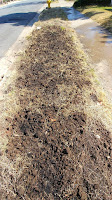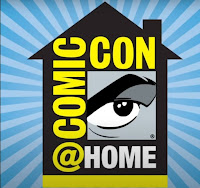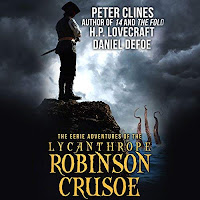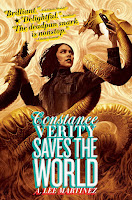(which I should’ve posted last week, but wow, so much stuff going on–more on that next time)
And here we are, halfway through the month again. I know it sounds a bit odd, but even just doing this once a month I’m a little worried some of you are feeling spammed. I know this newsletter is just bare-bones updates, and padded ones at that, but I’m trying hard not to make this content for the sake of content, if that makes sense? Let me know if you think this is coming too often for what you’re actually getting out of it..
This may also be some sort of gut/defensive reaction. Some folks manage to put out one or two newsletters a week. It sometimes makes me feel like I’m not writing fast enough. Or not enough happens in my life worth talking about. Or maybe the ever popular “why not both.”
Anyway… let’s get to it.
I finished up the last tweaks on GJD just the other day. Many thanks to Stephen, Kristi, Rob, Autumn, Robyn, and Colleen for early thoughts and notes. Final word count, after this quasi-final round of edits and rewrites, was just shy of 168K.
As you’re reading this, it’s very likely my agent is kicking back with his copy of said manuscript. We talked about it a while back and he’s seen my early outline, but other than that it’s all new for him. In a perfect world, he has minimal thoughts or comments and maybe he’ll be shopping it around before the end of summer.
Meanwhile, I’m finally going to get to that short story I’ve mentioned once or thrice which is now pushing up against a deadline (sorry, Henry!!). And then back to TOS, the other project I’ve mentioned before. My big hope is I can get the first draft of TOS done by the end of July which… isn’t impossible? I’ve got a solid outline, but it’s a story that lends itself to a sort of rambly, campfire-tale sort of tone. In the best possible way. So I guess we’ll see how that goes.
Also probably worth mentioning… okay, because of my time working in Hollywood (and then my time reporting on Hollywood) I’m very aware of what different terms mean and I know how rare it is for things to move forward. It’s why I don’t talk about any of it much unless I know there’s actually something to talk about. I’ve had maybe half a dozen film options at this point. None of them went anywhere. You heard about some of them after the fact.
I bring this up because there’s currently an option out there and, because of the WGA strike (which I support 110%), the producers have exercised certain clauses in the contract that allow them to stop the clock, so to speak. See, options have built in time limits. Think of them like a one-year rental contract. When the year’s up, that’s it. You don’t get to say “well, I went on vacation for two weeks, so I shouldn’t have to pay rent for those weeks I wasn’t living there.” These folks are very interested in what they’ve got (and so am I) so they’re putting everything on hold and will restart that clock once they can, y’know, hire some screenwriters again.
What is it? Who are these mysterious “producers” of which I speak? Like I said above… I’d like to wait until I can tell you something really solid. For now, you’ve absolutely heard of the producer/ director/ studio and you’ll probably be happy about what they’re trying to adapt.
Once the WGA strike is over.
Anyway…
Cool Stuff I’ve Been Watching— A lot of movies. Into The Spider-Verse was simply magnificent, as was Guardians of the Galaxy vol. 3. I held off sending this out just so I can say, honestly, that the second season of Strange New Worlds is off to a friggin’ fantastic start.
Cool Stuff I’ve Been Reading— Walking the Dusk by Mike Robinson, Lower Decks by Ryan North and Chris Fenoglio.
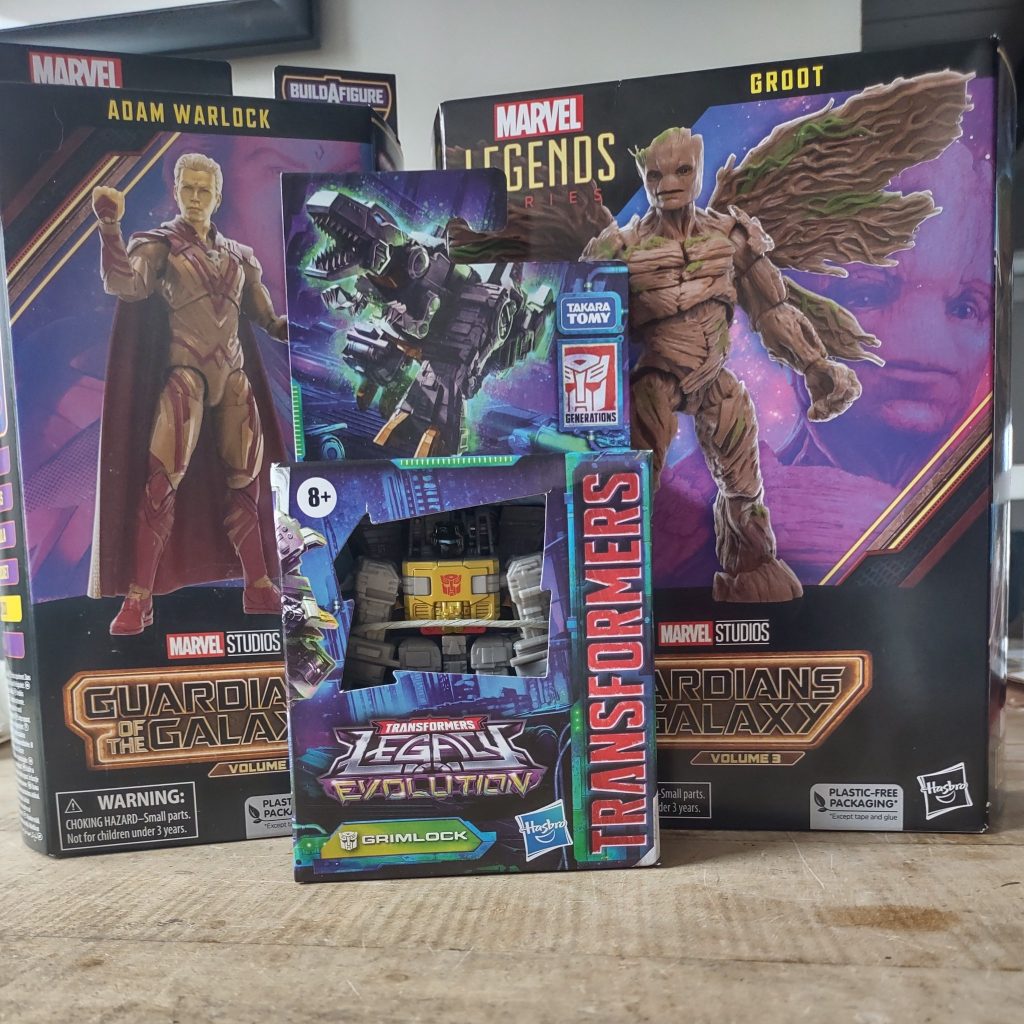
Cool New Toys – My wonderful partner gave me a Grimlock and the Deluxe “Buff Groot” figure for my birthday, and my best friend gave me Adam Warlock. That gives me a full set of Guardians. Also got a small pile of Spider-Verse figures. Now I just need to figure out how to display them all…


